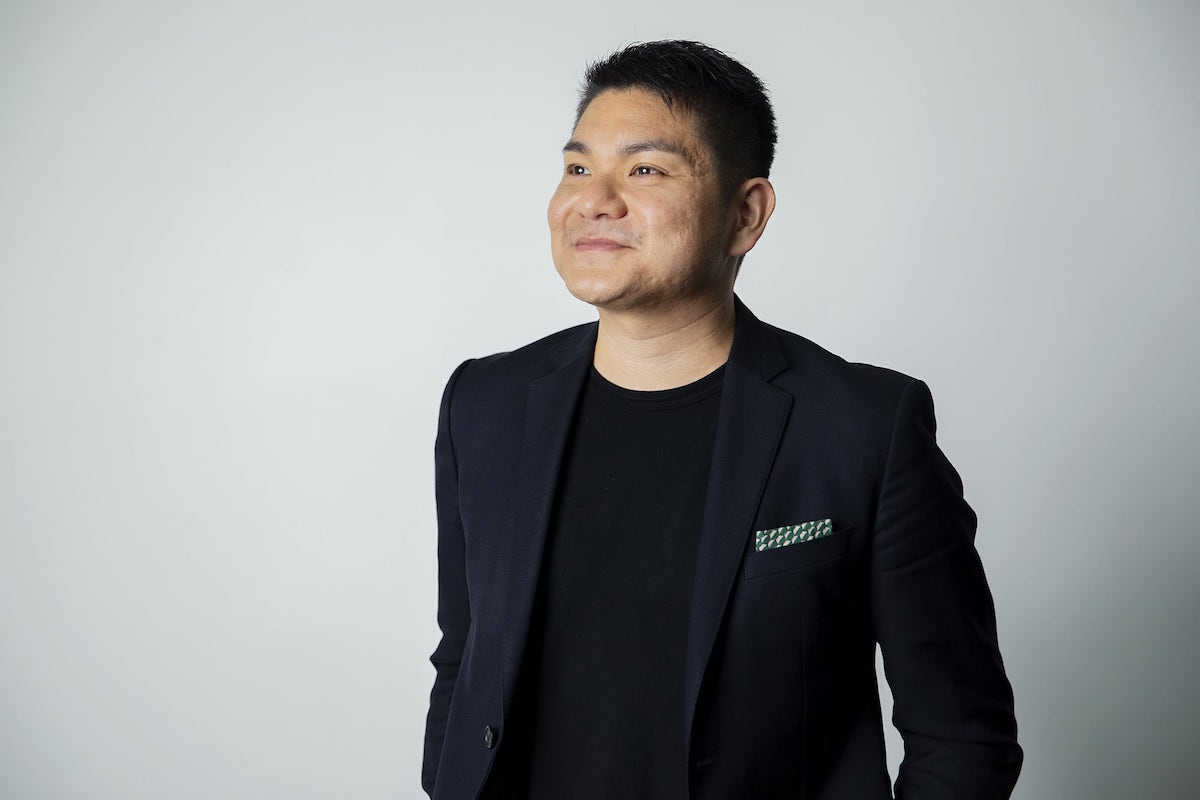Listen and subscribe to “Vietnam Innovators” in English: Apple Podcasts | Spotify | Google Podcasts | YouTube.
Listen and subscribe to “Vietnam Innovators” in Vietnamese: Apple Podcasts | Spotify | Google Podcasts | YouTube.
Our guest for Episode 9 is Spencer Ton, Director of the Center for Entrepreneurship and Innovation at Fulbright University Vietnam, a pioneer in higher-level education in the country. Although originally planning to go to law school, Spencer found himself pursuing various avenues of education, from working at a university to philanthropy and impact investing, after a transformative teaching fellowship in Hue.
His experience teaching English there made him realize that a lot of Vietnamese students were not as ambitious as they should be. Seeing firsthand how limited the options are to get quality education in Vietnam, Spencer made a commitment to return to the country and help push the country’s education standards forward.
14 years later, after having built a substantive understanding of the complexities of education and how to transform it, Spencer is welcoming the incoming class of 2021 at Fulbright University Vietnam.
Fullbright's Three Key Priorities
Besides being the first liberal arts institution in Vietnam, Fulbright University is also proudly the first to have full academic autonomy. They want to make sure that each incoming class represents a level of diversity that's reflective of the country, which means admission representatives scour every pocket of the nation for students, independent of their socioeconomic situation. And did we mention that Fulbright is need-blind? They also offer financial aid to deserving students!
Spencer speaks of three key points the university prioritizes:
1) Establish Fulbright University Vietnam as a trusted regional player in entrepreneurship and innovation.
2) Create a new generation of ethical entrepreneurial leaders in Vietnam through skill-based learning.
3) Develop innovative educational solutions that can really meet the needs of the workforce in Vietnam.
Center for Entrepreneurship and Innovation
According to Spencer, a lot of people associate entrepreneurship and innovation when they think of Vietnam. This means that our job is to invest in the depth of these areas. People come to Fulbright with ideas, but there hasn't been a place to house or pilot those ideas until the creation of the Center for Entrepreneurship and Innovation-- that disruptive innovation lab.
Besides that, Fulbright is constantly thinking of programs for not just the Fulbright community, but the general public as well. One of these projects is the upcoming women symposium focused on women entrepreneurship. The goal is to create a unique dialogue to address the gaps in gender equity in the market.

Why Liberal Arts?
Fulbright is proud to be a Vietnamese institution that just happens to teach with a western liberal arts approach. And though the liberal arts education is against the trodden path for a lot of Vietnamese families, they're beginning to understand the value of it after having seen the byproduct of the university's students. Vietnamese families are realizing that you need to have a different kind of depth of understanding, which means aligning yourself with an institution that has a really good track record. “Our promise is what a lot of people are betting on” shares Spencer.
Fulbright is committed to becoming a place where students, faculty and community members can come and focus on a broader set of learning. Being successful in your respective field requires more than just the specific technicalities. That's not to say that Fulbright doesn't want their students to have a strong skill set for the respective field of work they want to enter. They're always looking at what the market needs, and thinking about programs to offer to tend to those needs for their students.
It's the soft-skills that they're really trying to imbed: “How do you identify a problem? What is the solution? And most importantly, how are you going to execute it? When students graduate from Fulbright, not only will they leave more informed and effective leaders, but they leave knowing how to critically think— understanding multiple perspectives and coming up with their own conclusion.”

